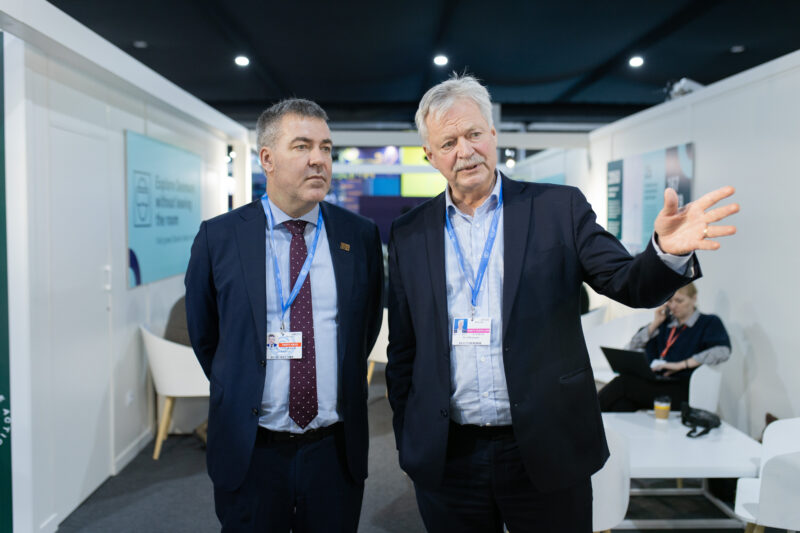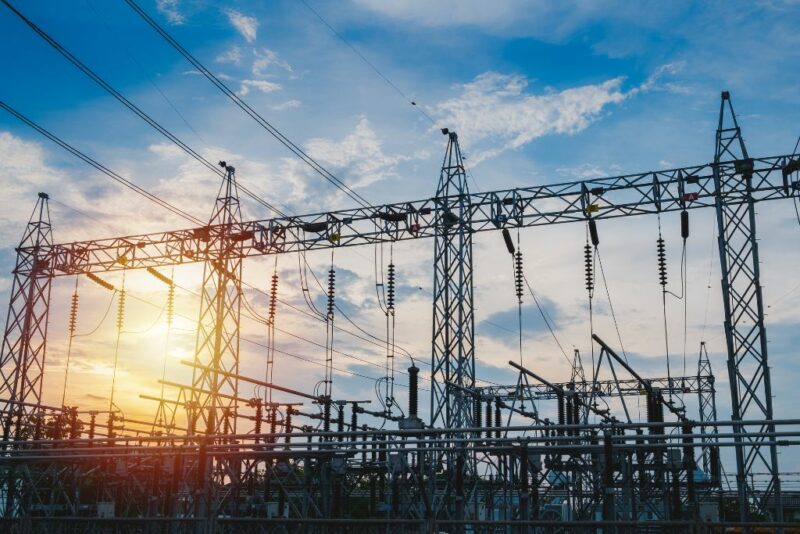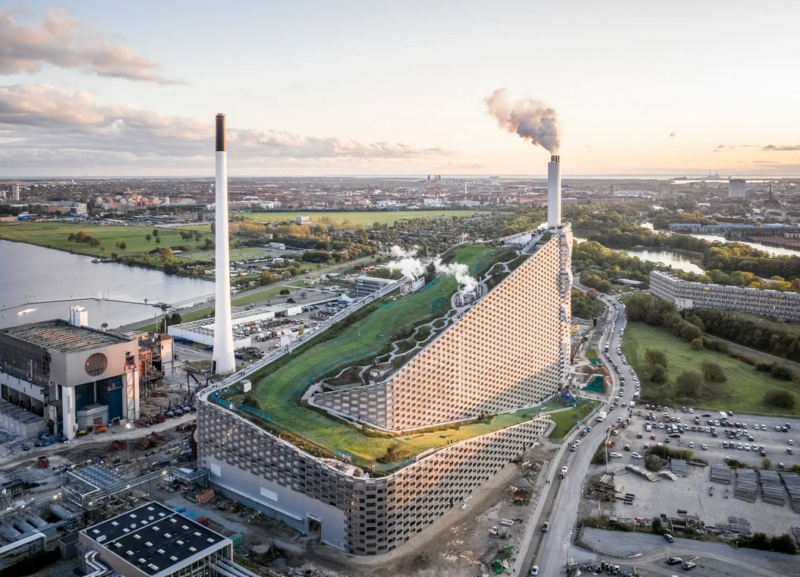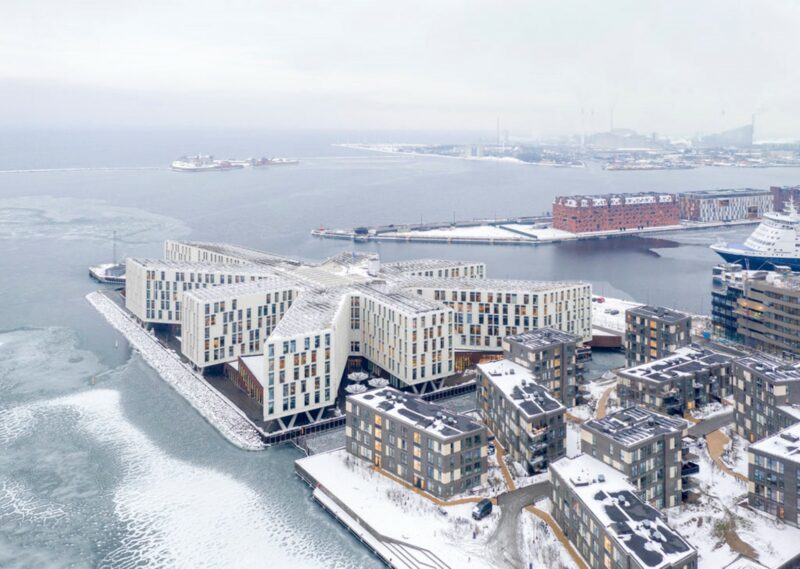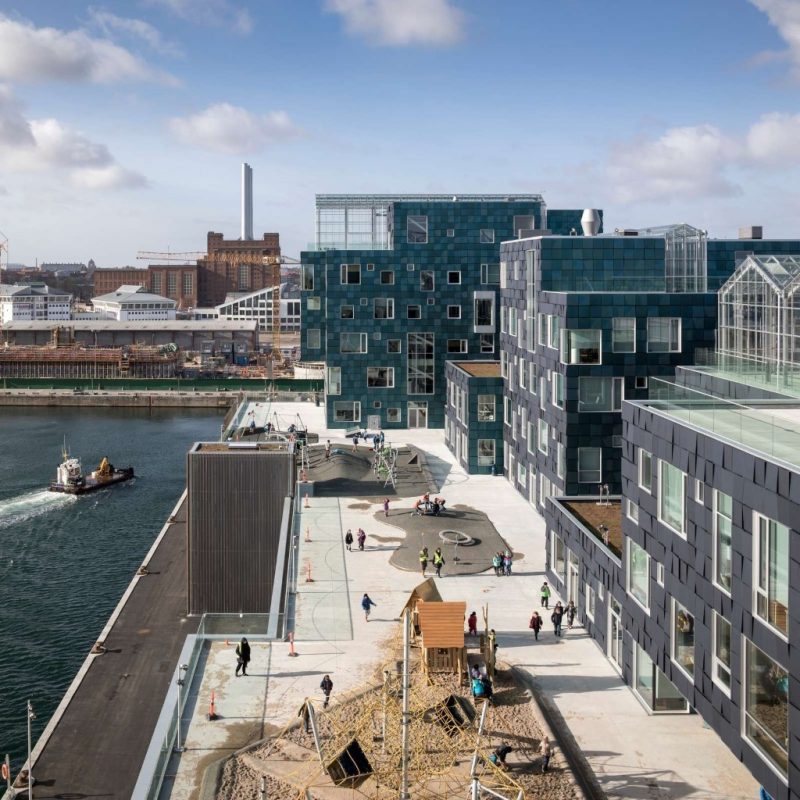News
Sustainable Buildings in the shadow of COVID-19
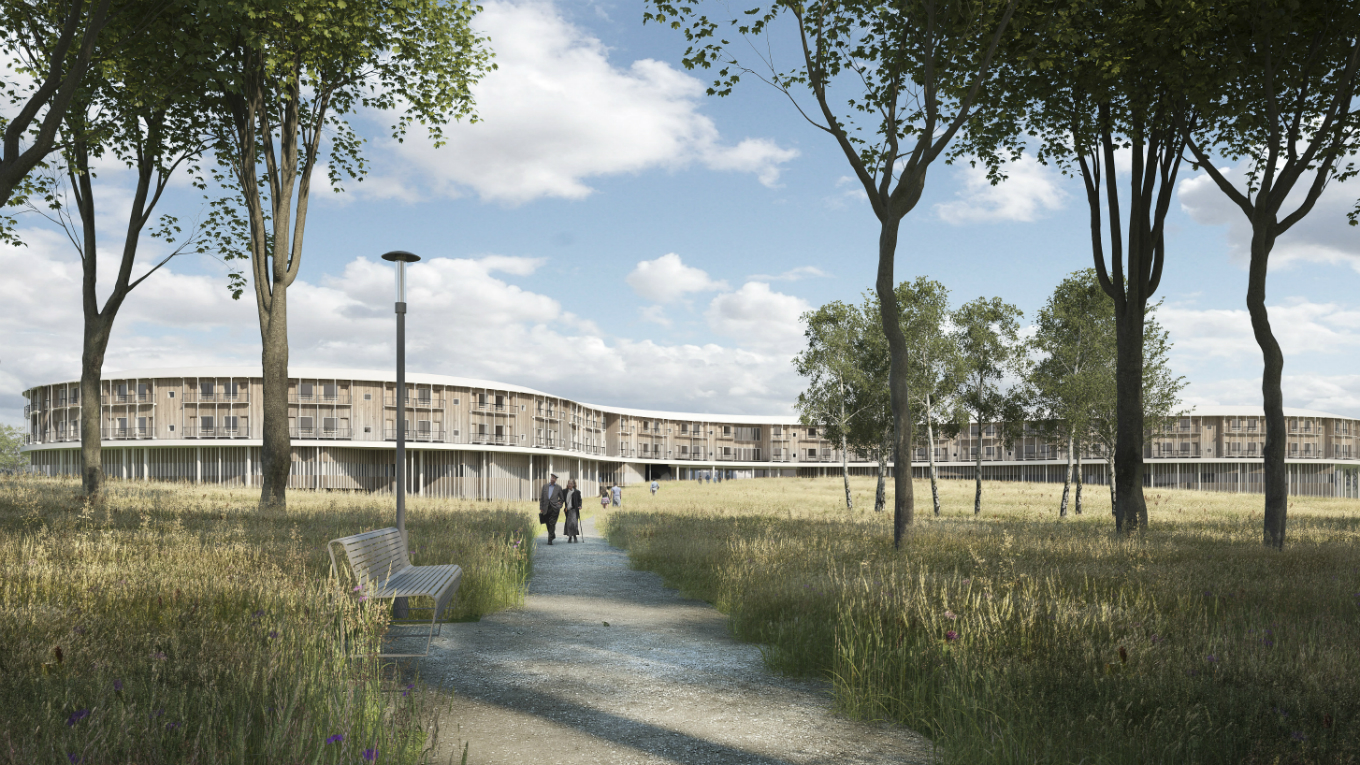

Bridge the knowledge gap and provide actionable insight
The 2021 edition of the Sustainable Building Market Study maps the views of nearly 700 Nordic, UK and German-based stakeholders in the real estate industry and provides insight into how the sector perceives the challenges and opportunities related to sustainable buildings.
In the previous surveys, we have seen a slow yet constantly increasing share: in the 2021 survey, 94% of the participants stated that sustainability is important for successful business operation. However, when you dive into the details of the survey, some interesting trends and developments emerge, as the focus is no longer predominantly on energy efficiency and well-being but shifting to a more material-driven approach, where elements such as life cycle thinking, circularity and waste minimisation are increasingly important.
COVID-19 and the real-estate industry
With the outbreak of COVID-19, many global actors in the real estate industry were forced to focus on managing the immediate consequences of lockdowns, such as interrupted contracts and managing the spread of the pandemic amongst building users, whilst the fear of a long-lasting recession loomed. 87% of the respondents believe the pandemic will affect long-term work patterns and that more people will work from home in the future.
“The pandemic has put pressure on real estate developers to analyse market trends and prioritise their investments. We are seeing rapid innovation in technologies, working patterns and consumer behaviour, forcing us to re-think our current consumer culture and providing everyone with new opportunities to speed up the transition towards a more sustainable built environment”, says Rikke Bjerregaard Orry, Global Sustainability Director at Ramboll Buildings.
Carbon neutrality a strategic priority and resilience towards climate risk
UK, Germany and Finland are front runners in relation to carbon neutrality in the real estate industry according to the 2021 survey results. 56% of respondents in UK and 40% of respondents in Finland state that they have “net zero carbon buildings” embedded in their business strategy. However, more than a third of the respondents identified lack of technical knowledge as a barrier to delivering on the strategy. The survey also found that more than 30% of the respondents identified the lack of general understanding of the sustainability agenda as a barrier to incorporating sustainability issues into their organisation.
Designing and building resilient structures that maintain their functionality in changing conditions and are flexible for future usage is something that 28% of the respondents considered important. For the first time in the publication of the Sustainable Buildings Market Study, resilience was amongst the top three attributes related to sustainable buildings, indicating future proofing of building assets is a topic of increasing importance in the industry.
Lack of template for circular strategies
Our survey shows that a shift is happening from a linear mindset towards a more circular paradigm. More than half of the respondents consider circularity in their projects, either by embedding circular principles in the project execution or in the tendering material. There is no template for designing a building with circular principles. For circularity to gain impact in the real estate industry, 42% of respondents said that national regulation was necessary.
Certification schemes and future trends
Sustainability is about holistic design, assessing each initiative from various perspectives to find the context’s best setup. Certification schemes are holistic design platforms, shedding light on the interconnectivity between one subject and another. Respondents were asked to indicate which third-party certification schemes and tools they know, have used or are going to use. The responses show a large variety, strongly dependent on the country of origin, but overall BREEAM remains the preferred certification in the 2021 survey.
Finally, looking ahead into trends that will impact the industry, the topics that emerge are similar to the ones found in the 2019 survey. Life Cycle Thinking is the top trend and assessing a building’s sustainability from a holistic perspective - the energy consumed, the raw materials used, and end-of-life usage - implies that everyone in the value chain has a responsibility and a role to play.
Read here.
You should consider reading
solutions
Combined heat and power production
+6
CopenHill: The story of the iconic waste-to-energy plant
20 November 2024solutions
Energy efficiency in buildings
+2
